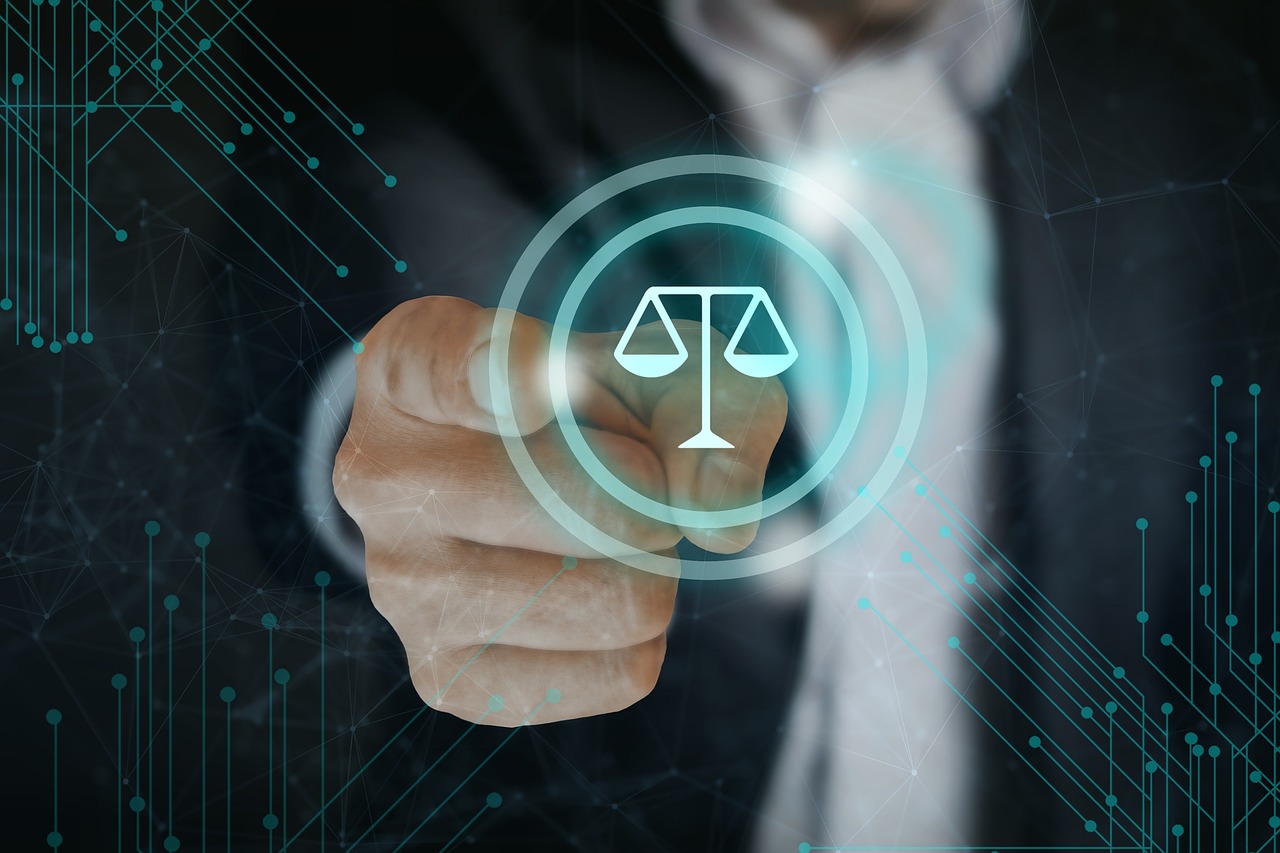Now Reading: How Emerging Technologies Are Shaping Modern Law Practices
-
01
How Emerging Technologies Are Shaping Modern Law Practices

How Emerging Technologies Are Shaping Modern Law Practices
Technology transforms every industry, and the legal field is no exception. Innovations such as predictive analytics, artificial intelligence, and business intelligence tools significantly enhance law firms’ operations and services.
Lawyers now harness these technologies to streamline processes, improve accuracy, and better serve clients. For instance, AI can analyze vast amounts of data quickly, uncovering insights that inform case strategies.
Professional development also flourishes alongside these technological advancements. Legal professionals have access to online courses that empower them with new skills essential for thriving in tech-driven environments.
Read along to discover how these changes reshape modern law practices while opening doors for growth within the profession.
Predictive Analytics in Legal Practice
Predictive analytics revolutionizes how law firms approach case management and strategy. These tools forecast potential outcomes for various legal scenarios by analyzing historical data.
For example, predictive models can estimate the likelihood of winning a case based on factors like judge behavior and past rulings. This insight enables lawyers to craft more effective strategies, ultimately improving client outcomes.
Additionally, firms can allocate resources more efficiently by understanding which cases may require additional attention or effort. Ultimately, the ability to make informed decisions enhances the firm’s success and builds trust with clients seeking reliable representation.
Artificial Intelligence for Enhanced Research
As predictive analytics informs case strategies, artificial intelligence streamlines legal research processes. AI tools can sift through vast databases of case law and legal precedents within seconds. This capability drastically reduces the time lawyers spend on research, allowing them to focus more on crafting arguments and developing client relationships.
By providing relevant information quickly, AI enhances decision-making capabilities while ensuring accuracy in legal proceedings. Law firms utilizing these technologies gain a competitive edge as they respond faster to client needs and stay ahead in an ever-evolving landscape.
Streamlined Client Communication Tools
Another key aspect of emerging legal technologies is the rise of streamlined client communication tools. These platforms enhance interaction between lawyers and clients, offering features like secure messaging, document sharing, and real-time updates on case progress.
By simplifying communication, legal professionals build stronger relationships with their clients. Clients appreciate quick responses and transparency regarding their cases. Moreover, these tools allow firms to manage more clients without sacrificing service quality.
Another tool is processserver.io , a platform specializing in serving legal documents, such as summons and court papers, to individuals involved in legal proceedings. This platform ensure proper notification and the initiation of court cases for clients.
Cybersecurity Measures in Legal Practices
Cybersecurity measures are another critical component of how emerging technologies shape modern law practices. With sensitive client information at stake, law firms must prioritize protecting data from breaches and cyberattacks.
Implementing advanced cybersecurity tools ensures that confidential communications and case details remain secure. This commitment to safeguarding client information builds trust and credibility within the legal community.
As threats evolve, staying informed about the latest security solutions becomes essential for law firms aiming to maintain their reputation while effectively serving clients in a digital landscape.
Continuous Learning Through Online Platforms
Emerging technologies also play a critical role in simplifying continuous learning for legal professionals. Online learning platforms provide easy access to valuable resources that keep lawyers informed about industry trends and developments.
For instance, DataCamp’s Power BI courses offer essential training in data analysis and visualization tools, which are increasingly relevant in today’s tech-driven legal landscape.
These accessible courses empower lawyers to upgrade their skills at their own pace while balancing demanding workloads. Embracing ongoing education through technology is essential for legal professionals to stay competitive and effectively navigate the modern challenges within the field.
Future Trends in Legal Technology
The final aspect to consider in this guide is the future trends in legal technology that promise to reshape practices even further. Innovations like blockchain and smart contracts are on the horizon, offering unprecedented opportunities for transparency and efficiency.
Blockchain technology can provide secure, tamper-proof records of transactions, while smart contracts automate agreements based on predetermined conditions. These advancements will streamline operations and enhance trust among clients and partners.
Embracing Change in Legal Practices
As emerging technologies evolve, legal professionals must remain open and adaptable. Embracing these innovations will enhance efficiency, improve client service, and create more rewarding careers.
The ability to harness technology fosters a forward-thinking mindset essential for success in today’s competitive landscape. Committing to continuous learning and staying abreast of industry advancements helps lawyers master the complexities of modern practice and establish themselves as undeniable leaders in their field.










